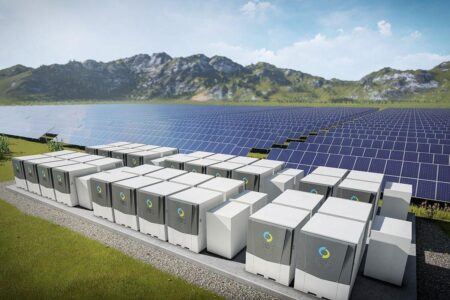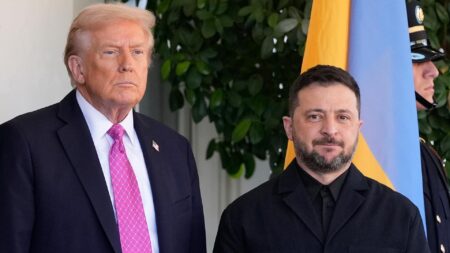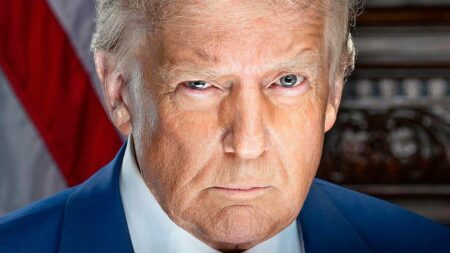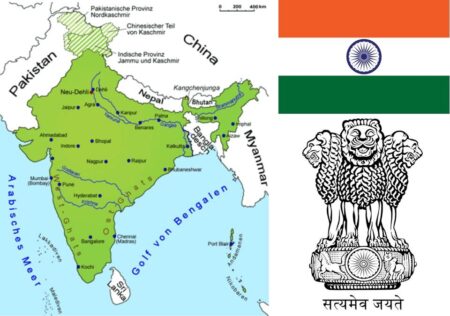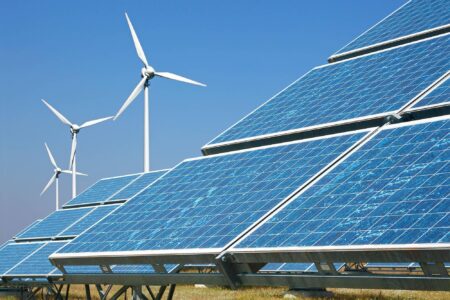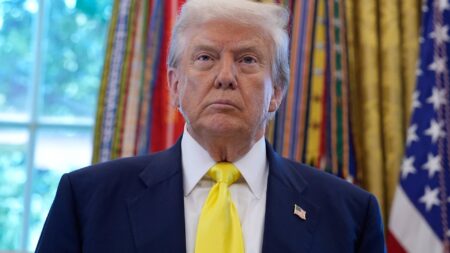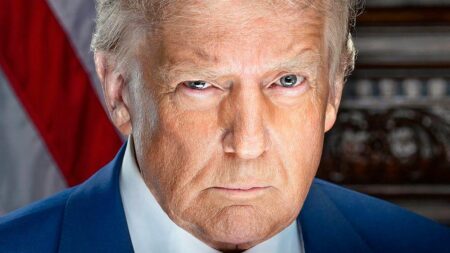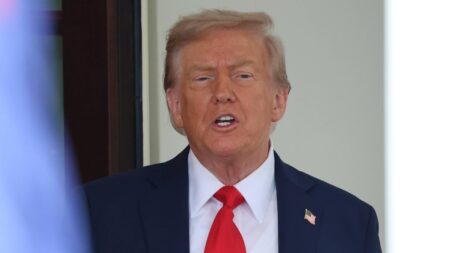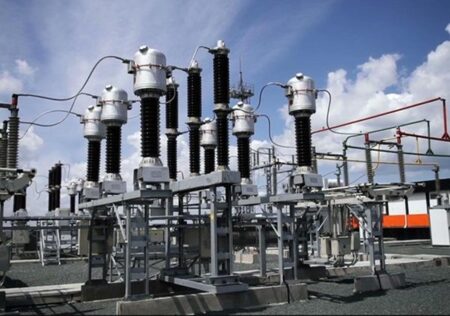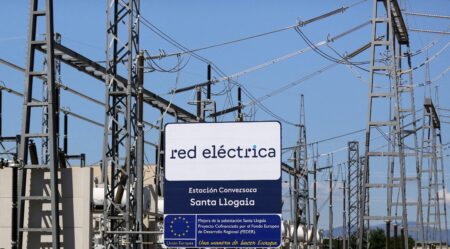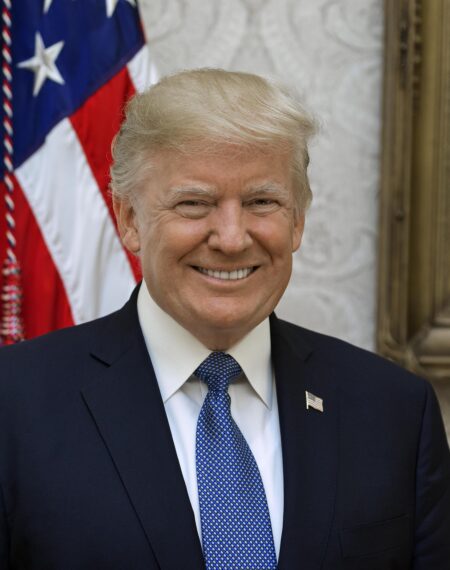Energy storage could cut Brazil’s electricity system costs by an impressive 16% by 2029, while boosting grid flexibility and fast-tracking the integration of renewable energy, according to a groundbreaking report from ess-news.com
Browsing: energy policy
Former U.S. President Donald Trump disclosed that Indian Prime Minister Narendra Modi gave him a personal commitment that India would stop buying Russian oil, joining global efforts to cut off Moscow’s energy revenue, Anadolu Ajansı reported
Former US President Donald Trump has once again emphasized that India will avoid purchasing oil from Russia, underscoring the intricate geopolitical and economic dynamics shaping today’s global energy landscape, reports The Hindu
Former President Donald Trump claims that India has made a major concession in its Russian oil purchases, suggesting a potential shift in economic ties amid the ongoing geopolitical tensions, according to Newsweek
India pushes back against President Trump’s claim that Prime Minister Modi vowed to stop buying Russian oil, as energy partnerships between New Delhi and Moscow flourish, raising new doubts about the future of U.S.-India trade relations
After Spain’s recent blackout, many rushed to blame renewable energy for the outage. However, experts warn that this finger-pointing is a strategic move aimed at slowing down the progress of clean energy innovations, NPR reports
The recent policy shifts in the US and China have sent shockwaves through the global renewable energy sector, igniting concerns over a potential slowdown in clean energy investments, Al Jazeera reports
US subsidy rules are set to disrupt Germany’s BayWa renewable energy unit, threatening its competitive edge. These new regulations could seriously challenge BayWa’s bold ambitions to expand in the US market
At the UN climate summit, Australian Minister Bowen highlighted the nation’s remarkable leap in solar and battery adoption, emphasizing that meaningful climate action is achievable and “not too hard,” sparking optimism for global progress
Former U.S. President Donald Trump and UK Labour leader Keir Starmer have teamed up to sign a groundbreaking US-UK tech agreement, igniting fresh momentum in AI innovation and nuclear power collaboration. This historic deal promises to turbocharge transatlantic cooperation like never before
Former President Donald Trump urged NATO allies to immediately halt their purchases of Russian oil, emphasizing the critical need to weaken Moscow’s economy as tensions continue to rise. His call highlights the growing urgency for Europe to break free from its energy reliance
Former President Trump has urged NATO countries to stop buying Russian oil immediately, highlighting the critical need to sever Russia’s financial lifelines amid ongoing conflicts, Reuters reports. This powerful call ramps up the pressure on allied energy policies like never before
Brazil’s solar PV curtailment has surged dramatically to 14%, delivering a heavy blow to project revenues. Leading renewable energy company Voltalia is now aggressively pursuing compensation to offset losses caused by grid limitations, highlighting the growing hurdles confronting Brazil’s rapidly expanding solar sector
Spain’s ambitious push to expand data centers is running into a major roadblock as the country’s power grid nears its breaking point, raising urgent concerns about energy supply and infrastructure capacity, Bloomberg reports
India slashes GST on renewable energy components to just 5%, igniting a powerful surge in clean energy adoption and slashing costs. This bold move supercharges the nation’s green transition, propelling rapid growth across the renewable sector. (Yahoo Finance)
As Europe bakes under relentless heat waves, France stands at the epicenter of a heated national debate over air-conditioning. For many, it’s a crucial refuge from the blistering heat; for others, a growing danger to the environment and energy supplies-sparking an intense policy showdown
A NATO ally has issued a stark warning to former President Trump, calling his credibility on Russia into serious question as nuclear tensions soar. This alert underscores mounting concerns over the precarious state of global security, Newsweek reports
Sanctions-hit Indian refiner Nayara Energy is in active talks with the government, seeking vital support to navigate mounting financial challenges and keep its operations running smoothly, Reuters reports. These discussions aim to secure a stable and sustainable future for the company
India finds itself in the spotlight of U.S. scrutiny, despite its crude oil imports remaining unsanctioned. Washington is sharply focused on New Delhi’s energy ties with Russia, underscoring the intricate geopolitical tensions that go well beyond simple oil trade
The Stockholm Environment Institute highlights critical gaps in the UN’s SDG indicators, urging a just and eco-friendly energy transition in Argentina’s Altiplano region

